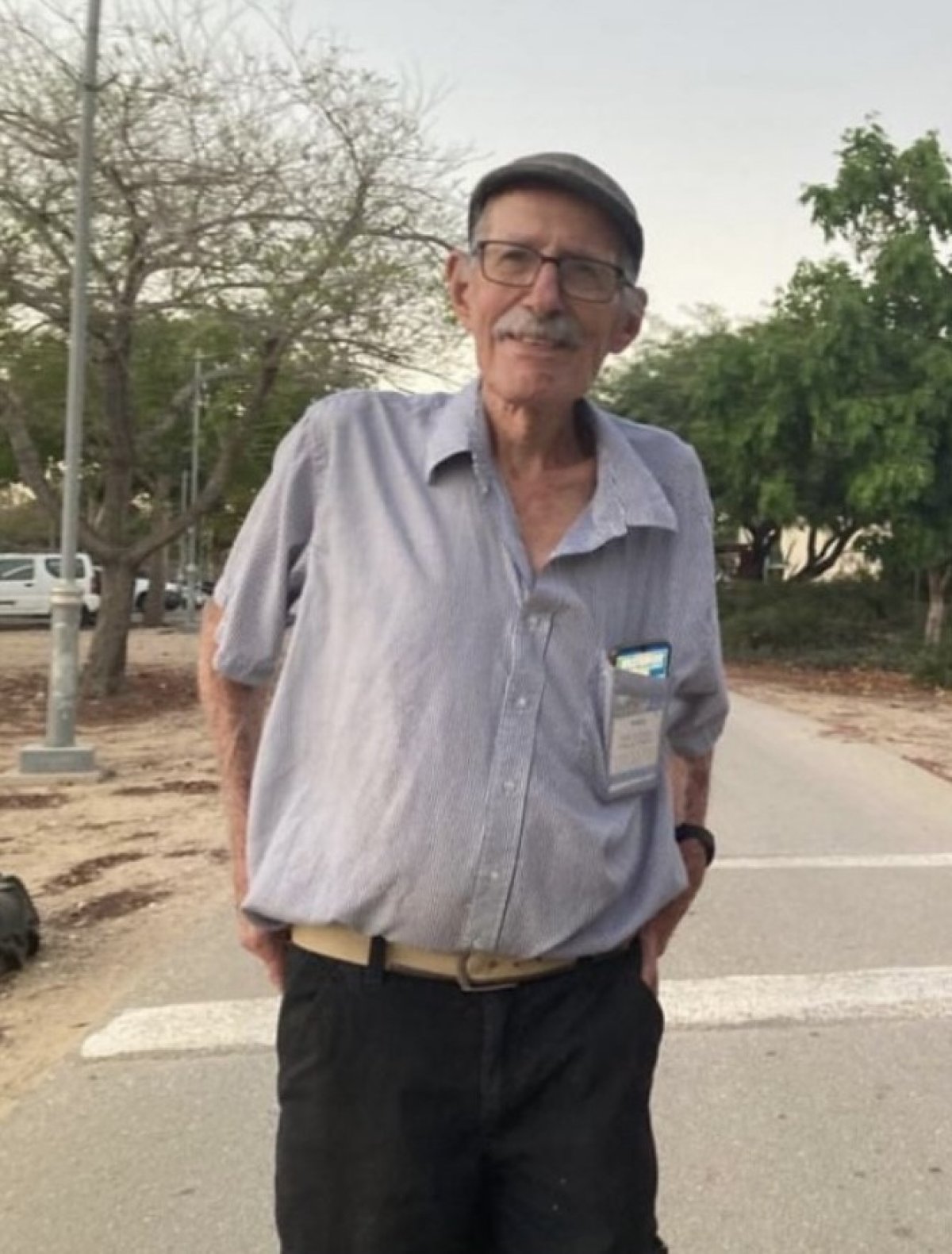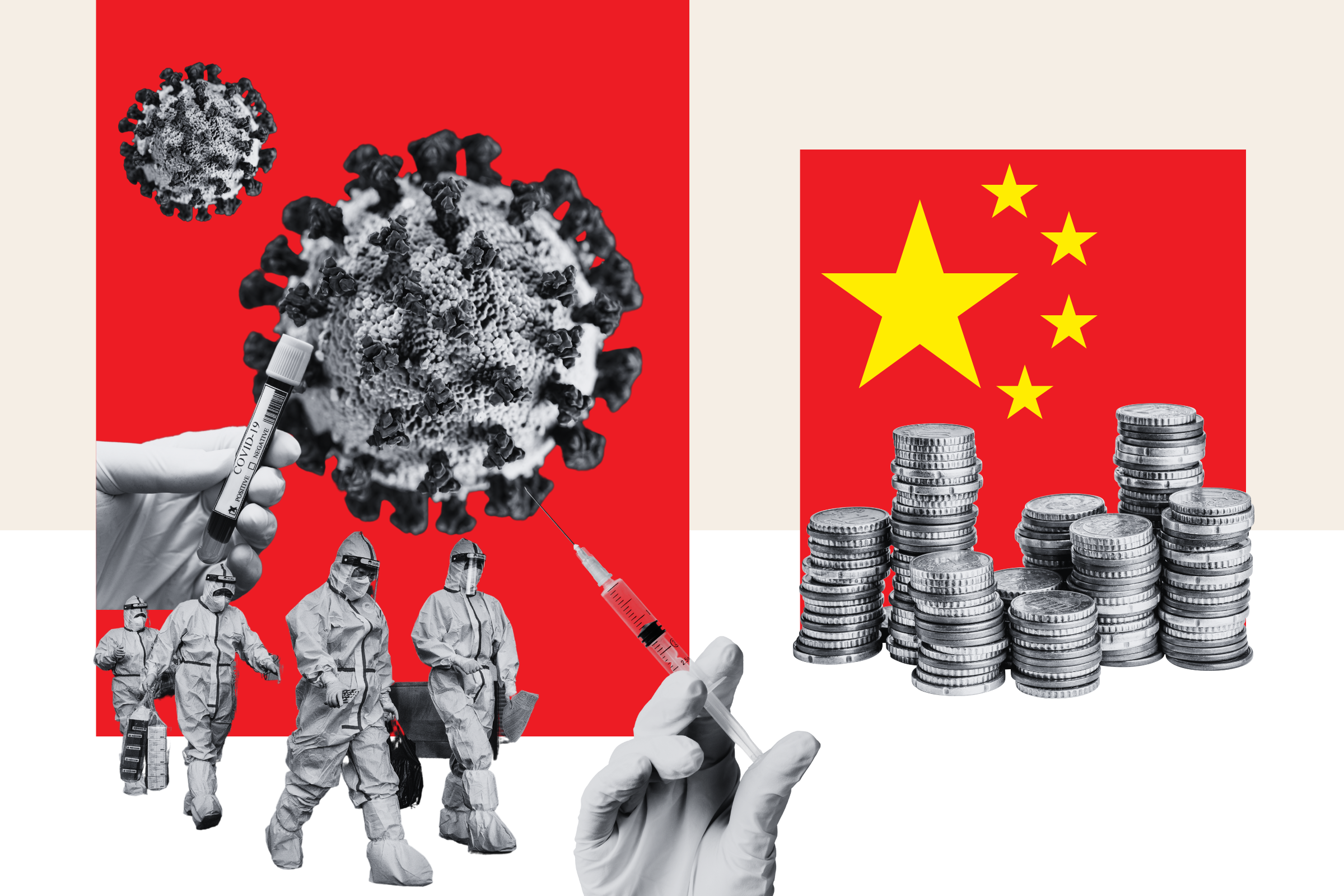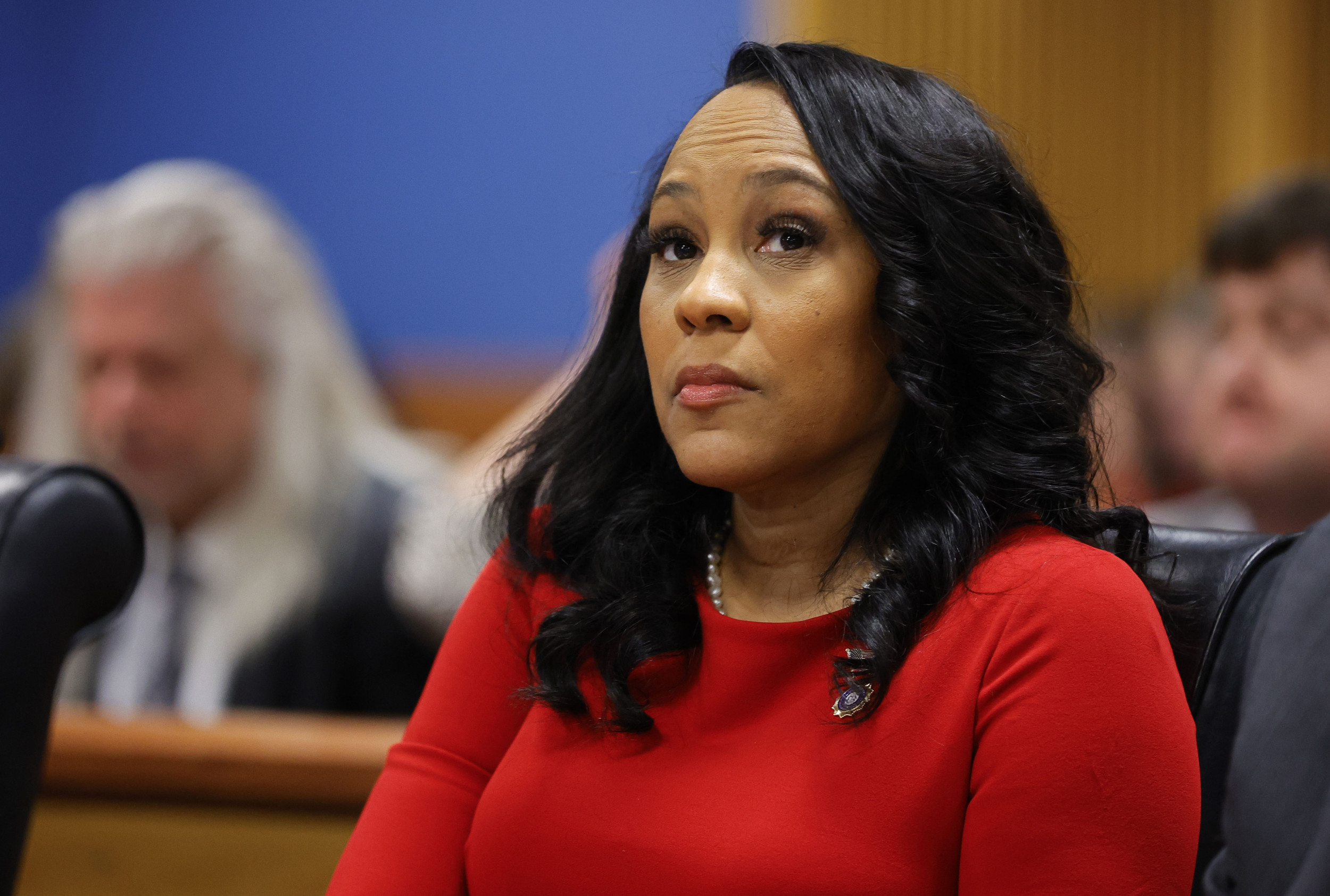My grandparents, Oded and Yocheved Lifshitz, believe in peace. As lifelong human rights activists, they were dedicated to fostering understanding and providing care to those in need, regardless of which side of the divide they came from.
And yet, my grandparents were brutally taken hostage by Hamas on Oct. 7 from their home in Kibbutz Nir Oz. My grandfather, who is also a great-grandfather, remains in captivity to this day. The sole great-grandfather currently held in captivity worldwide,
My grandparents were among the founding members of Kibbutz Nir Oz, a haven for those fighting for peace and justice. However, on Oct. 7, that haven was shattered. In a series of cowardly terrorist attacks, over a quarter of Nir Oz's 400 members—117 people—were either kidnapped or murdered by Hamas terrorists. In some cases, entire families were massacred. My grandparents' home was burned to ashes. While my grandmother Yocheved was eventually released after 16 harrowing days, my 83-year-old grandfather Oded remains one of 134 hostages still in captivity, trapped in this nightmare.

Championing the cause of freeing hostages rises above personal pleas; it underscores the essence of human dignity and moral leadership. To make this the number one priority is a declaration that amid the dehumanization of conflict, we choose to uplift life, compassion, and human worth.
My grandparents believe in peace. They are lifelong human rights activists dedicated to using every tool at their disposal to make the world a better place. Their life's work was transporting patients from Gaza to Israel for medical treatment; they were driven by the compassion and humanity that this conflict has overshadowed. They were not soldiers or politicians, but educators, activists, and, most importantly, advocates for humanity. Their abduction highlights a brutal irony: those who spent their lives bridging divides and healing wounds were dragged into the abyss of conflict they so fervently opposed.
The testimonies of the released hostages paint a terrifying picture of the conditions my grandfather and other hostages are facing. One former hostage, who was held with my grandfather in a tunnel, described a place not only devoid of light and fresh air but also lacking medicine, food, hygiene, or any proper treatment. At 83 years old, with a bullet wound in his hand and preexisting illnesses, it's horrifying to imagine my grandfather suffering in such dire conditions.
As the days drag on, the mental anguish endured by my grandmother and countless other families with loved ones still in captivity only intensifies. She needs him. She misses him. Since his captivity, my grandmother has been unable to return to the kibbutz they called home for so many years. The life they had built together there is now gone—cherished family photographs, their record collection, the piano he would play—all reduced to ashes. That piano once filled their home with the joyful melodies of Israeli songs, nostalgic Russian tunes from their youth, and the beautiful French chansons he loved performing. At least his cherished cactus garden, his life's work cultivated over 60 years, now stands ready for his return after 50 dedicated volunteers came to lovingly tend to it.
No one can begin to heal or return to their lives, haunted by the knowledge that their loved ones remain in captivity.
We, as a society, cannot claim victory or progress until every last hostage is returned safely to their families. The release of the hostages is not merely a bargaining chip or a side issue. If the world truly desires an end to the suffering of the Palestinian people and to end this war, then the release of the hostages must be the unanimous and unwavering priority. It is the key that will unlock the door to the "day after," the moment when we can finally begin to heal and rebuild.
Securing the release of hostages like my grandfather is not just a strategic priority but a moral imperative that speaks to our core values as human beings. To turn a blind eye to the plight of these hostages would be to betray the very principles of compassion, justice, and respect for human dignity that we claim to uphold. It would be to abandon our moral compass and surrender to the forces of hatred and inhumanity that have already inflicted so much suffering upon our people.
Demanding the freedom of hostages like my grandfather is more than a strategic or moral obligation; it stands as a beacon of hope in the darkness. It signals that in the face of despair, we choose humanity and the dream of peace.
As the international community, as human beings, we must unite and unequivocally call for the safe return of all the hostages. In such a devastating situation, where hopelessness has replaced any hope, the most important thing we can do for the region's future is celebrate life—and bring our hostages home, now. We, Oded's beloved children, grandchildren, and great-grandchildren, eagerly await his return, longing for the day when we can all walk together around the kibbutz once more.
Daniel Lifshitz, an ex-footballer for Maccabi Tel Aviv and founder of Bourgogne Crown, a wine importing company, shifted his focus to humanitarian advocacy after a personal turning point on Oct. 7 when his grandparents and many friends were taken hostage. Growing up in Kibbutz Nir Oz, he has since channeled his efforts into a global campaign for the release and support of hostages and their families. Alongside his advocacy, Daniel is also a devoted father to his daughter Lilou.
The views expressed in this article are the writer's own.
Uncommon Knowledge
Newsweek is committed to challenging conventional wisdom and finding connections in the search for common ground.
Newsweek is committed to challenging conventional wisdom and finding connections in the search for common ground.
About the writer
To read how Newsweek uses AI as a newsroom tool, Click here.






